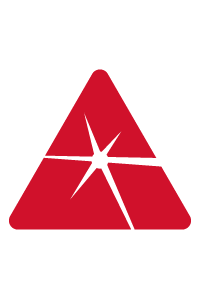Product Code: ICAL08_2103
Modelling of Residual Stress Generation in the Laser Cladding of Extended Areas
Authors:
A. Suárez, Universidade Da Coruna; Ferrol - a Coruna Spain
A. Yáñez, Universidade da Coruna; Ferrol Spain
M.J. Tobar, Universidade Da Coruna; Ferrol Spain
Presented at ICALEO 2008
In the development of protective alloy layers by laser cladding residual stresses can lead to final cracking of the deposited coating and a certain mechanical deformation of the processed part. These stresses are of thermal nature and result from the very high thermal gradients and solidification rates associated to the laser heat treatments. A numerical model based on a thermo-mechanical finite element analysis was developed and is presented which allows to obtain the thermal and stress fields in the laser cladding process. The model is used to analyze a wide variety of process parameters, proccessed materials and geometrical configurations. The nature of the stress fields (compresive-tensile) is explained and the effect of the geometrical features of the deposited clad, the depth of the substrate material and the process scan speed on the resulting stress fields and deformation angles is discussed. Other effects as martensite transformations on the coated parts are also analyzed. It will be demonstrated that substrate preheating stands as the more efficient means of reducing mechanical deformations and the cracking susceptibility of the deposited coating. The study includes the processing of overlapping laser scans for covering extended areas as well as multilayer single laser scans for 3D direct fabrication. Comparison with experimental results obtained on Co-based laser clad coatings will also be presented, showing a good qualitative agreement.

$28.00
Members: $28.00
Note: When applicable, multiple quantity discounts are applied once the items are added to your cart.
